JAPANESE ACADEMICS REBUT RAMSEYER’S CLAIM
입력 2021.03.15 (15:25)
수정 2021.03.15 (16:45)
읽어주기 기능은 크롬기반의
브라우저에서만 사용하실 수 있습니다.
[Anchor Lead]
Japanese academics have released theses rebutting Harvard University professor Mark Ramseyer's claim that comfort women were willing sex slaves. One of the renowned Japanese professors says Ramseyer's paper is preposterous.
[Pkg]
This notice was sent by the Japanese military to one of the army units in 1938, when Korea was Japan's colony. It says dealers for conscripting comfort women will be selected by the military, but they must liaise with local police on forced conscription. Professor Yoshiaki Yoshimi, highly regarded as Japan's leading authority on the comfort women issue, presented these materials to rebut Mark Ramseyer's claims.
[Soundbite] Yoshiaki Yoshimi(Honorary Prof., at Chuo Univ.)
Citing a document saying the Japanese government only permitted that prostitutes 21 years old or older be transported overseas in 1938, Professor Ramseyer denied that comfort women were coerced to serve as sex slaves for the Japanese army. However, Professor Yoshimi says Ramseyer ignored the fact that the document was never delivered to Korea at the time, and that even under-aged girls and women who never worked as prostitutes were also conscripted as comfort women. Professor Yoshimi blasted Ramseyer's paper as groundless. He also accused him of citing examples that run counter to facts.
[Soundbite] Yoshiaki Yoshimi(Honorary Prof. at Chuo Univ.)
Professor Onozawa Akane, known for her contributions to studying the history of Japan's state-regulated prostitution, also published a paper saying comfort women are different from state-regulated prostitution because their conscription was masterminded by the Japanese military. Japanese scholars are joining in the growing criticism of Ramseyer's claims. His preposterous paper is now creating momentum for uncovering the truth about Japan's wartime sex slavery.
Japanese academics have released theses rebutting Harvard University professor Mark Ramseyer's claim that comfort women were willing sex slaves. One of the renowned Japanese professors says Ramseyer's paper is preposterous.
[Pkg]
This notice was sent by the Japanese military to one of the army units in 1938, when Korea was Japan's colony. It says dealers for conscripting comfort women will be selected by the military, but they must liaise with local police on forced conscription. Professor Yoshiaki Yoshimi, highly regarded as Japan's leading authority on the comfort women issue, presented these materials to rebut Mark Ramseyer's claims.
[Soundbite] Yoshiaki Yoshimi(Honorary Prof., at Chuo Univ.)
Citing a document saying the Japanese government only permitted that prostitutes 21 years old or older be transported overseas in 1938, Professor Ramseyer denied that comfort women were coerced to serve as sex slaves for the Japanese army. However, Professor Yoshimi says Ramseyer ignored the fact that the document was never delivered to Korea at the time, and that even under-aged girls and women who never worked as prostitutes were also conscripted as comfort women. Professor Yoshimi blasted Ramseyer's paper as groundless. He also accused him of citing examples that run counter to facts.
[Soundbite] Yoshiaki Yoshimi(Honorary Prof. at Chuo Univ.)
Professor Onozawa Akane, known for her contributions to studying the history of Japan's state-regulated prostitution, also published a paper saying comfort women are different from state-regulated prostitution because their conscription was masterminded by the Japanese military. Japanese scholars are joining in the growing criticism of Ramseyer's claims. His preposterous paper is now creating momentum for uncovering the truth about Japan's wartime sex slavery.
■ 제보하기
▷ 카카오톡 : 'KBS제보' 검색, 채널 추가
▷ 전화 : 02-781-1234, 4444
▷ 이메일 : kbs1234@kbs.co.kr
▷ 유튜브, 네이버, 카카오에서도 KBS뉴스를 구독해주세요!
- JAPANESE ACADEMICS REBUT RAMSEYER’S CLAIM
-
- 입력 2021-03-15 15:25:10
- 수정2021-03-15 16:45:21
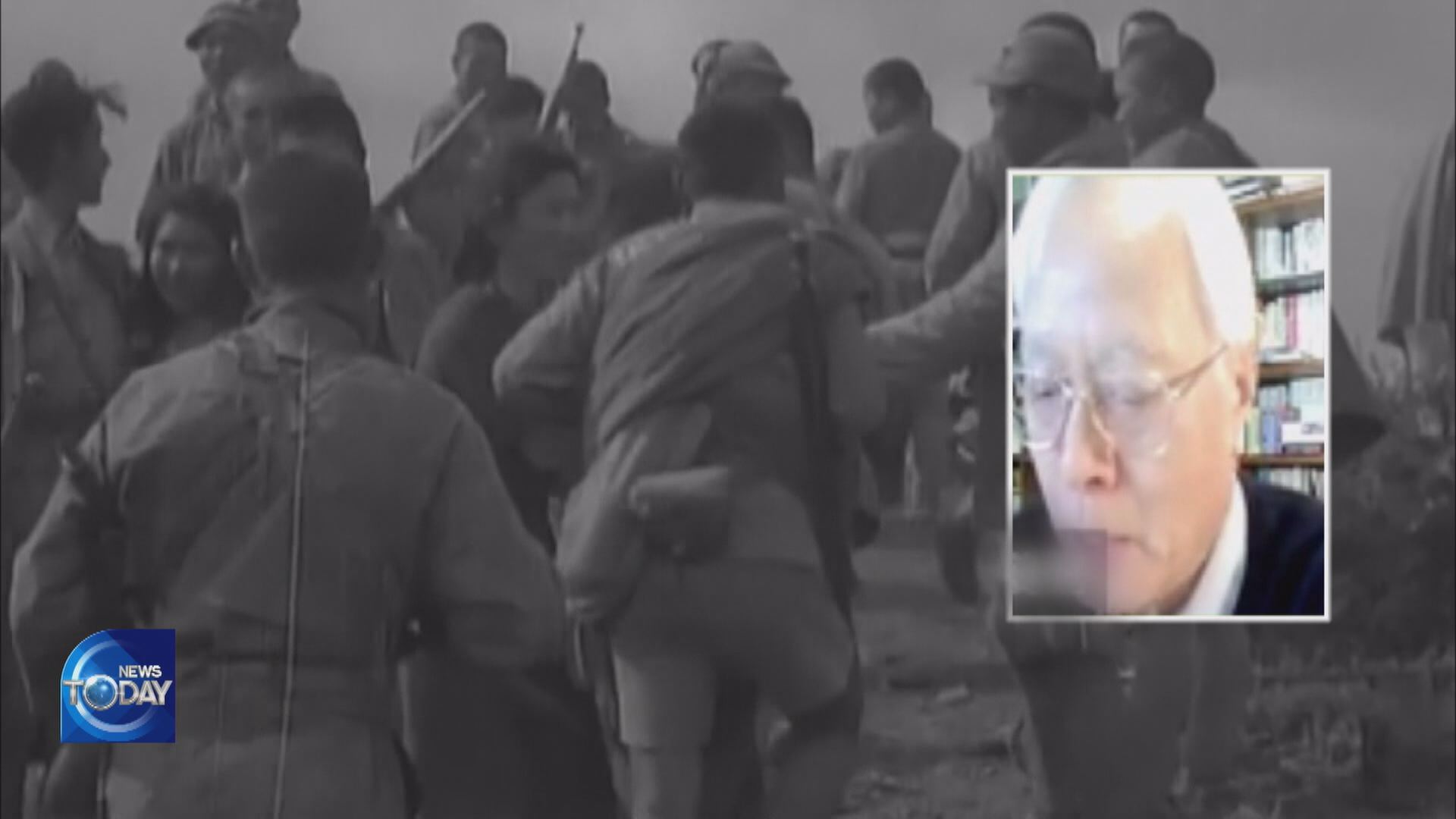
[Anchor Lead]
Japanese academics have released theses rebutting Harvard University professor Mark Ramseyer's claim that comfort women were willing sex slaves. One of the renowned Japanese professors says Ramseyer's paper is preposterous.
[Pkg]
This notice was sent by the Japanese military to one of the army units in 1938, when Korea was Japan's colony. It says dealers for conscripting comfort women will be selected by the military, but they must liaise with local police on forced conscription. Professor Yoshiaki Yoshimi, highly regarded as Japan's leading authority on the comfort women issue, presented these materials to rebut Mark Ramseyer's claims.
[Soundbite] Yoshiaki Yoshimi(Honorary Prof., at Chuo Univ.)
Citing a document saying the Japanese government only permitted that prostitutes 21 years old or older be transported overseas in 1938, Professor Ramseyer denied that comfort women were coerced to serve as sex slaves for the Japanese army. However, Professor Yoshimi says Ramseyer ignored the fact that the document was never delivered to Korea at the time, and that even under-aged girls and women who never worked as prostitutes were also conscripted as comfort women. Professor Yoshimi blasted Ramseyer's paper as groundless. He also accused him of citing examples that run counter to facts.
[Soundbite] Yoshiaki Yoshimi(Honorary Prof. at Chuo Univ.)
Professor Onozawa Akane, known for her contributions to studying the history of Japan's state-regulated prostitution, also published a paper saying comfort women are different from state-regulated prostitution because their conscription was masterminded by the Japanese military. Japanese scholars are joining in the growing criticism of Ramseyer's claims. His preposterous paper is now creating momentum for uncovering the truth about Japan's wartime sex slavery.
Japanese academics have released theses rebutting Harvard University professor Mark Ramseyer's claim that comfort women were willing sex slaves. One of the renowned Japanese professors says Ramseyer's paper is preposterous.
[Pkg]
This notice was sent by the Japanese military to one of the army units in 1938, when Korea was Japan's colony. It says dealers for conscripting comfort women will be selected by the military, but they must liaise with local police on forced conscription. Professor Yoshiaki Yoshimi, highly regarded as Japan's leading authority on the comfort women issue, presented these materials to rebut Mark Ramseyer's claims.
[Soundbite] Yoshiaki Yoshimi(Honorary Prof., at Chuo Univ.)
Citing a document saying the Japanese government only permitted that prostitutes 21 years old or older be transported overseas in 1938, Professor Ramseyer denied that comfort women were coerced to serve as sex slaves for the Japanese army. However, Professor Yoshimi says Ramseyer ignored the fact that the document was never delivered to Korea at the time, and that even under-aged girls and women who never worked as prostitutes were also conscripted as comfort women. Professor Yoshimi blasted Ramseyer's paper as groundless. He also accused him of citing examples that run counter to facts.
[Soundbite] Yoshiaki Yoshimi(Honorary Prof. at Chuo Univ.)
Professor Onozawa Akane, known for her contributions to studying the history of Japan's state-regulated prostitution, also published a paper saying comfort women are different from state-regulated prostitution because their conscription was masterminded by the Japanese military. Japanese scholars are joining in the growing criticism of Ramseyer's claims. His preposterous paper is now creating momentum for uncovering the truth about Japan's wartime sex slavery.
이 기사가 좋으셨다면
-
좋아요
0
-
응원해요
0
-
후속 원해요
0










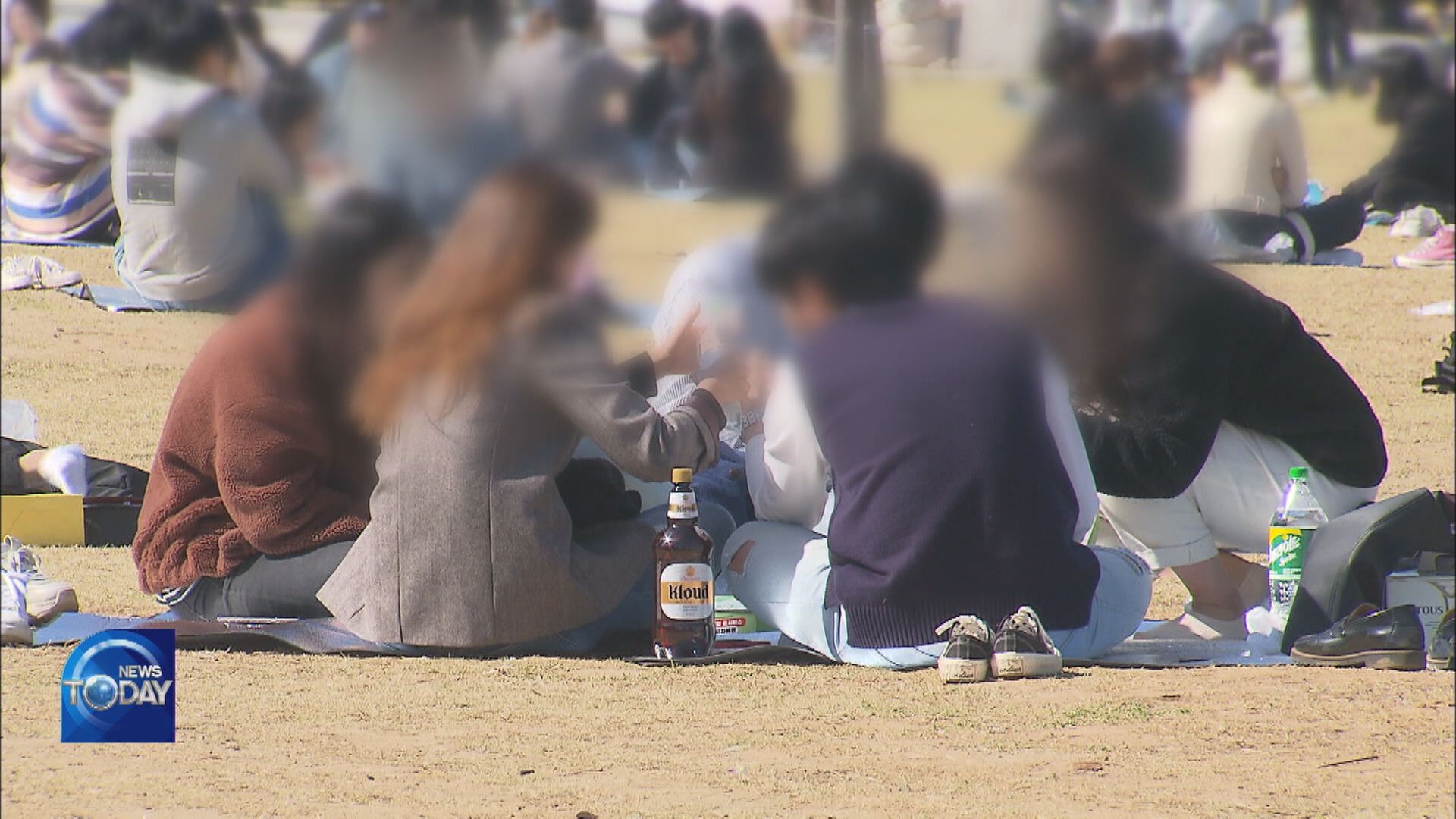


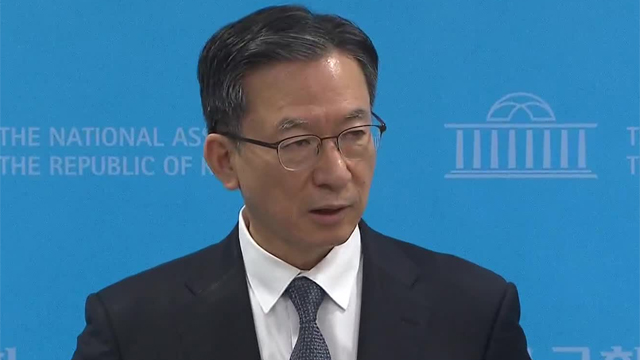
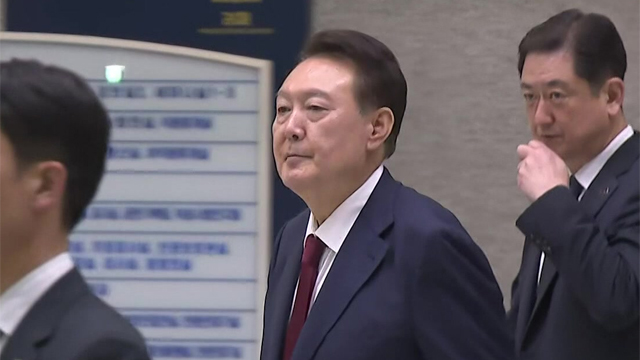
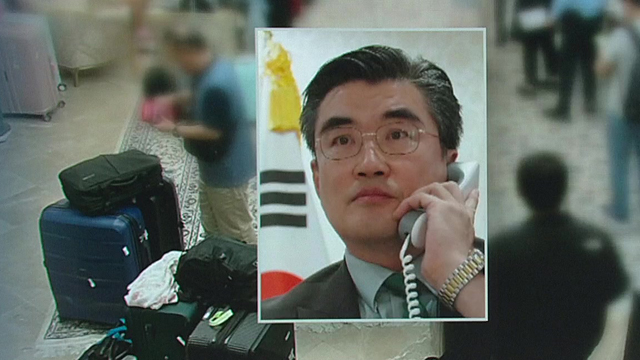

이 기사에 대한 의견을 남겨주세요.